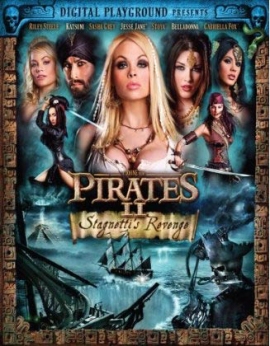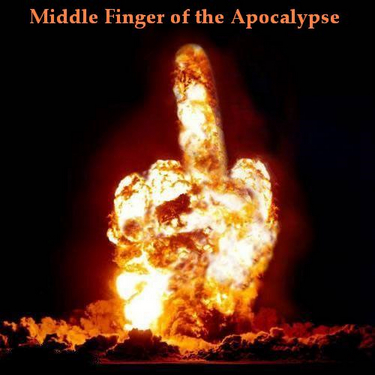 COLLEGE PARK, Md. – As expected, reaction to the controversial, if abbreviated, screening of Digital Playground’s porn epic Pirates II: Scagnetti’s Revenge on the University of Maryland campus last week has been swift and nationwide. That is to be expected with such a juicy topic, as have been the predictable responses from both those who work in the adult entertainment industry as well as those who oppose it.
COLLEGE PARK, Md. – As expected, reaction to the controversial, if abbreviated, screening of Digital Playground’s porn epic Pirates II: Scagnetti’s Revenge on the University of Maryland campus last week has been swift and nationwide. That is to be expected with such a juicy topic, as have been the predictable responses from both those who work in the adult entertainment industry as well as those who oppose it.
But the group that truly needs to comment on this issue are the very people who are the intended target of both the producers of the movie and those who would decide what they can see on campus – the students themselves.
Courtney Ring, senior staff writer for The Retreiver, a U-Md. student newspaper, wrote an opinion piece for the paper today that made some particularly intersting observations. The title of her piece is “XXX-rated pornographic film opens Pandora’s box at local MD university,” and she clearly stakes out a position against the screening of adult fare on campus, which is fine.
But it was the following comments that attracted my attention.
“… in College Park’s case, it was argued that the film had educational value since a representative of Planned Parenthood was scheduled to talk about safe sex afterwards,” Rinf writes. “This is laughable. The film was provided in order to give “a little stress break for students,” according to the director of College Park’s Hoff Theater. Additionally, this viewing at UMCP is part of a nationwide campaign sponsored by the film’s maker, Digital Playground, in order to market pornography to a broader audience. In the words of the company’s spokesperson Adella Curry, Digital Playground is targeting the “well-educated, big-spending consumers of the future.”
First, if accurate, the claim by either the university or the producers that the film has educational value because Planned Parenthood is in the room, is absurd on its face, obviously. One simply has nothing to do with the other. That fact is unimportant also, except is the idea is being disseminated to students that a discussion of something does in fact inbue it with value. If that is happening, it is disingenuousin the extreme, and really should stop.
Her ancillary point that the movie is only being screened to students by DP because they are targeting the elite consumer of the future is, to me, somewhat more problematic in terms of marketing wisdom and political reality. I simply do not see how Digital Playground comes out looking like a protector of anyone’s speech if the message that is getting through is a marketing one and not something far more significant to the larger discussion.
I’m sorry, but there are large issues surrounded by serious minefields. Shoult it really be left to the marketing people to navigate that terrain?










No Comment